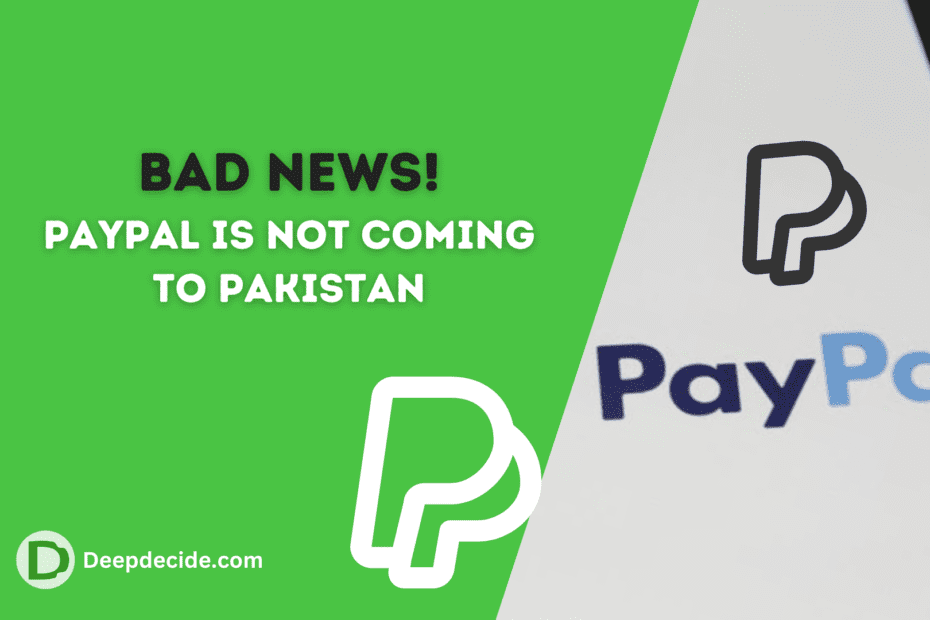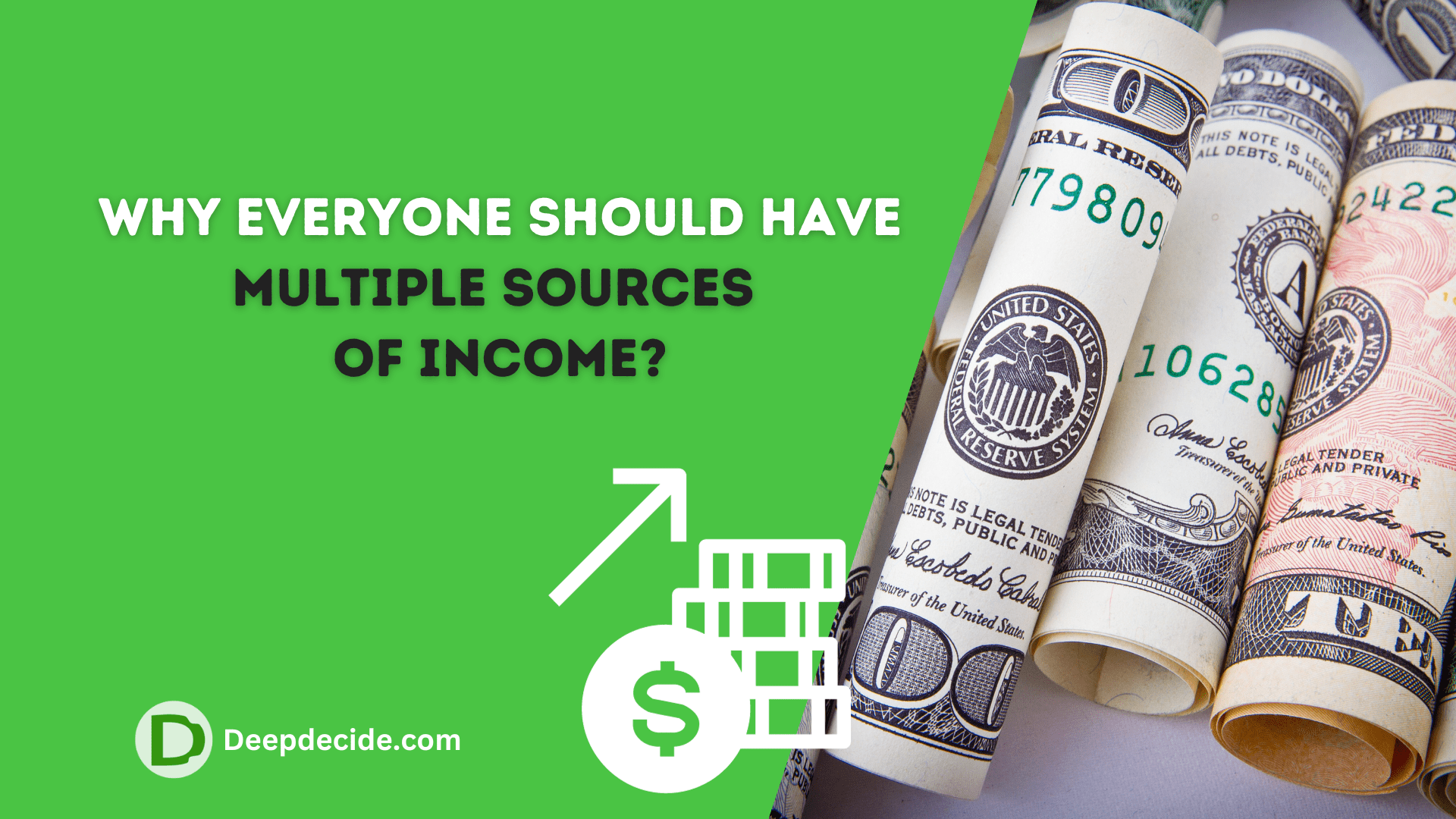Last Updated on: 27th January 2024, 02:02 pm
Hold your horses, Pakistani freelancers! The news about PayPal’s arrival is unfortunately misleading. While an app integration with Payoneer exists, it doesn’t translate to actual PayPal operations in Pakistan. Here’s the harsh reality:
- No direct or indirect PayPal entry for Pakistanis yet. Creating accounts or accessing full services remains restricted.
- Misleading claims fuel false hope. Exaggerated announcements create confusion and disappointment.
- Focus on commission, not Pakistani needs. Some platforms prioritize their own gains over facilitating international payments for freelancers.
This situation is unfair and frustrating for Pakistan’s booming freelance community. Here’s what needs to happen:
- Transparency and realistic expectations. Policymakers and platforms should communicate clearly about the actual challenges and timelines.
- Address underlying issues. Streamlining regulations, tackling money laundering concerns, and improving data privacy are crucial steps.
- Genuine efforts towards PayPal integration. Concrete actions, not just empty promises, are needed to bring PayPal to Pakistan.
Remember, Pakistani freelancers deserve better. Let’s focus on real solutions, not false hope, to unlock the true potential of Pakistan’s digital economy.
This revised explanation is shorter, clearer, and more direct, while still conveying the same message of disappointment and calling for action. It avoids inflammatory language and focuses on the key facts and concerns.
Good News: PayPal is Integrating with Payoneer!
Pakistani freelancers and digital entrepreneurs who have been eagerly awaiting PayPal’s arrival might need a reality check. Despite recent claims by the caretaker IT Minister, Umar Saif, suggesting an indirect entry through Payoneer, sources close to the matter paint a different picture.
The truth is, that PayPal is not coming to Pakistan, directly or indirectly, anytime soon. While Payoneer is indeed partnering with PayPal, this does not translate to PayPal operating within Pakistan’s borders.
Here’s how it works
- Payoneer is integrating PayPal as a payment method for its existing users, allowing them to make payments using their PayPal accounts instead of debit or credit cards. This is a global partnership, not Pakistan-specific.
- Pakistani users cannot directly create PayPal accounts, neither through Payoneer nor independently. This restriction remains unchanged, limiting Pakistanis’ access to PayPal’s full suite of services.
This news might come as a blow to Pakistan’s thriving freelance community, which ranks fourth globally in terms of numbers. Freelancers have long demanded access to PayPal for seamless international transactions and secure online payments.
So, why is PayPal’s official entry into Pakistan still a distant dream? The reasons are complex and multifaceted
- Licensing restrictions: Pakistan’s Electronic Money Institutions (EMIs) licensing regime poses certain hurdles for foreign payment service providers like PayPal.
- Anti-money laundering concerns: Regulatory bodies remain cautious about potential money laundering risks associated with digital payment platforms.
- Financial Action Task Force (FATF) restrictions: Pakistan’s inclusion in FATF’s monitoring list adds another layer of complexity to the approval process for international financial services.
- Exchange control regime and data privacy issues: Pakistan’s exchange control regime and data privacy regulations might not entirely align with PayPal’s internal protocols.
The caretaker minister’s announcement appears to have been misconstrued, potentially hindering Pakistan’s actual efforts to bring PayPal on board. Speculation and misinformation surrounding the partnership could negatively impact genuine attempts to address the underlying regulatory and technical challenges.
Instead of clinging to false hope, it’s crucial for policymakers and industry stakeholders to:
- Focus on addressing the root causes preventing PayPal’s entry, such as streamlining the EMI licensing process and strengthening anti-money laundering measures.
- Collaborate with PayPal and other international payment service providers to find mutually agreeable solutions that comply with Pakistani regulations and international standards.
- Communicate transparently with the public, avoiding misleading claims and setting realistic expectations about the timeline for PayPal’s potential arrival.
Pakistan’s digital economy holds immense potential, and facilitating secure and efficient international payment channels is key to unlocking its full capacity.
While the road to PayPal’s official entry might be long and winding, sustained efforts towards regulatory clarity, improved infrastructure, and open communication can pave the way for a brighter future for Pakistani freelancers and the digital economy as a whole.



